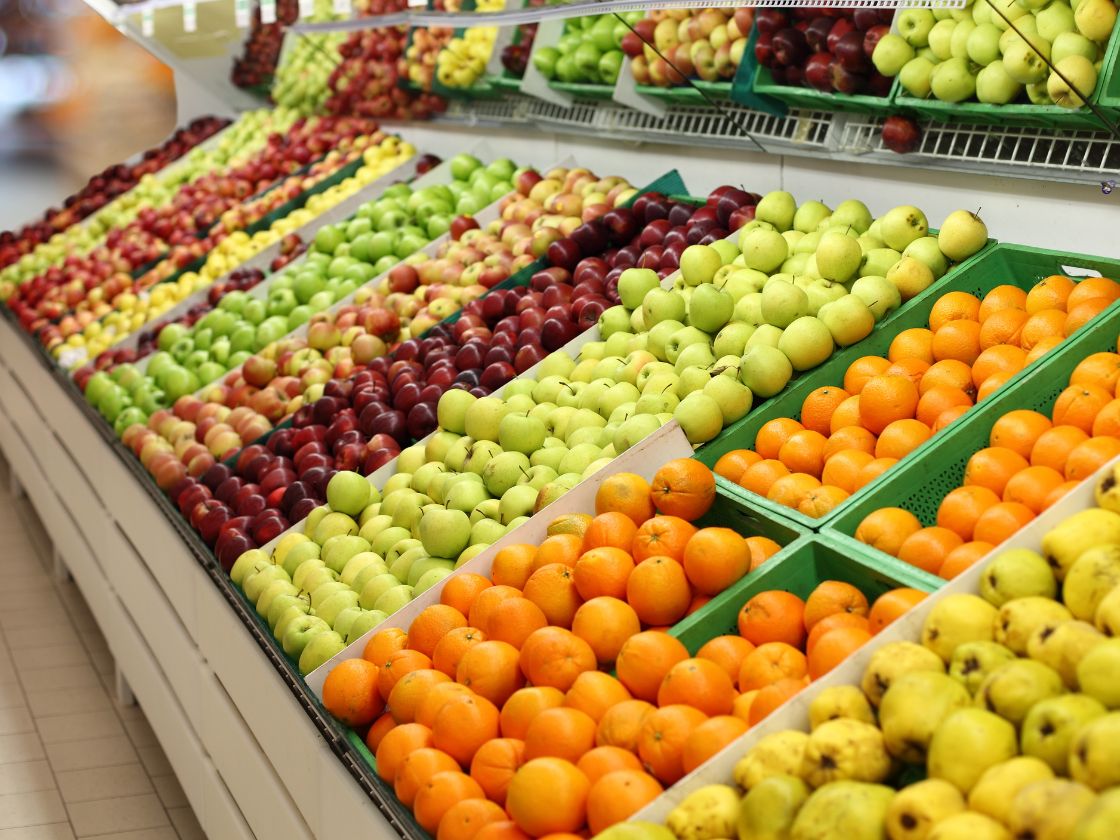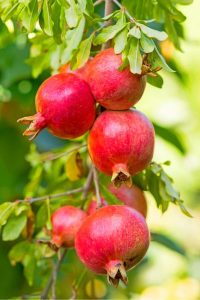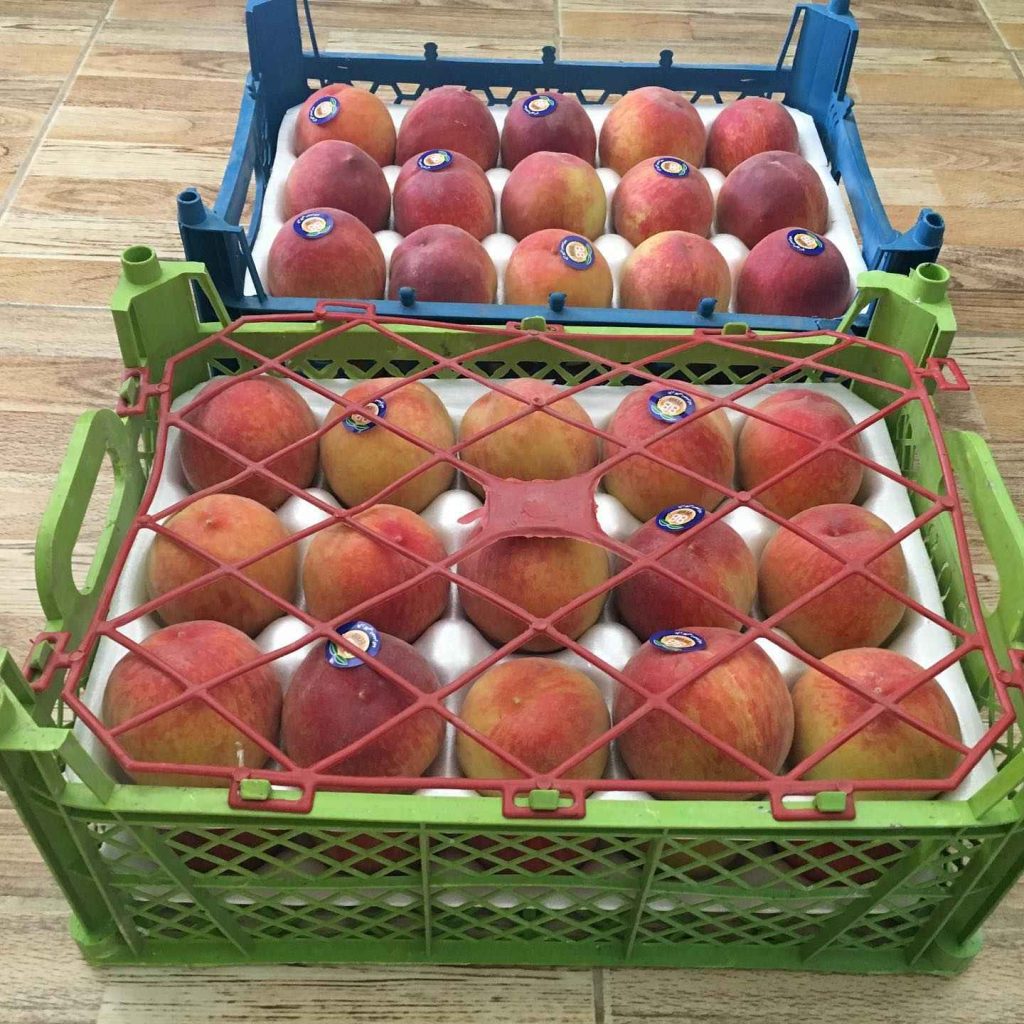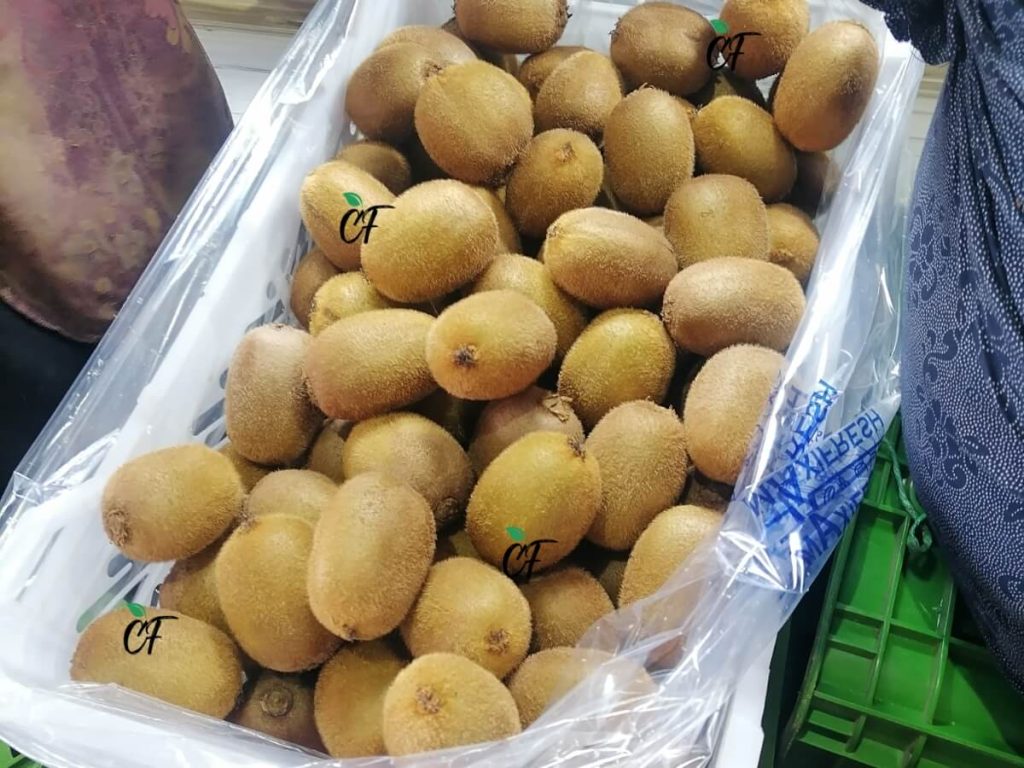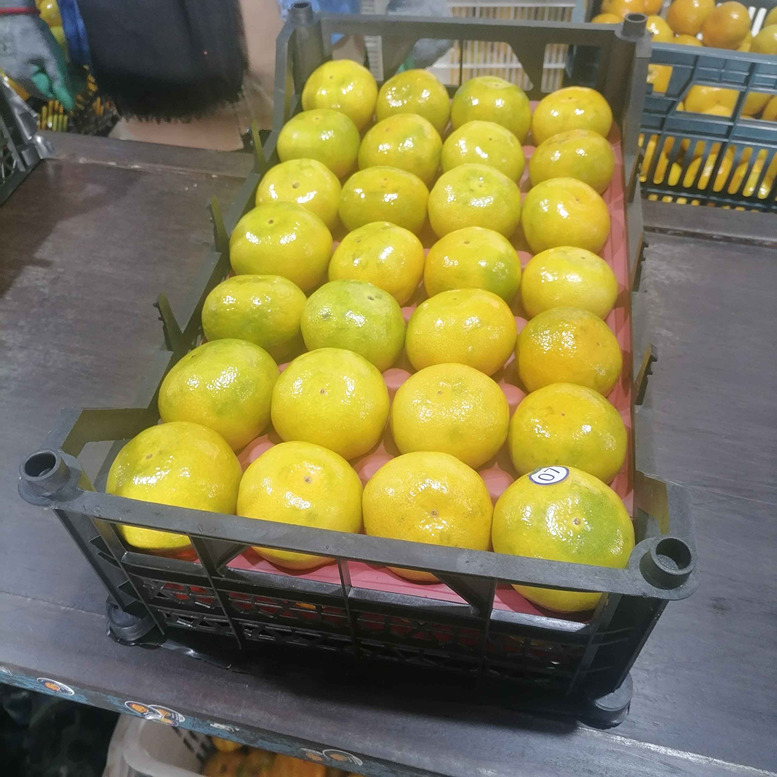Iran Fruits: Magic of the Land of Four Seasons
Today we are going to learn about Iran fruits! But first, where is Iran?
Iran is a Middle Eastern nation where the Caspian Sea whispers secrets to the Persian Gulf; a land in West Asia with a remarkable climatic diversity. This climate diversity has made Iran fruits one of the most profitable goods for the country, with countless varieties, flavors, and colors. This geographic tapestry, woven with mountains, plains, and coastlines, has created the perfect canvas for cultivating a vibrant abundance of Iran fruits. From east to west and north to south, each region offers a unique climatic condition that nurtures a distinct selection of these Iran fruits.
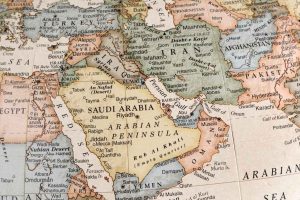
A fun and amazing note about the country is that it experiences all four seasons throughout the year, each one, adding its touch to the symphony of Iran fruits. Spring paints the land with blossoming fruit trees, a promise of the juicy melons, cherries, and apricots that summer will bring. Autumn offers a big harvest of grapes, pomegranates, and figs, and winter provides a citrusy season with oranges and tangerines, a great mix of Iranian fruits on cold days, especially for when you’ve got the cold.
When it comes to Iran fruits, we absolutely should talk about Iran’s dedication to agriculture besides its ideal climate; both playing big roles in Iran appearing at the top of global fruit production. The country holds the prestigious title of first place in the Middle East for fruit production. With the amazing Iran fruits, there is also a history of this country ranking globally 8th and 10th in fruit production.
Iran fruits are not only beautiful, diverse, and colorful, but they are also an excellent source for your health. We are now going to learn more about different types of Iran fruits, and we want you to join us.
Iranian Apple
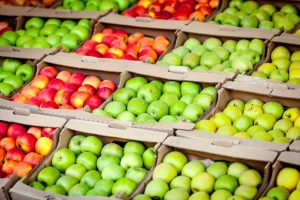
Apple is one of those Iran Fruits you can find in many shapes, colors, and almost any time of the year. It can be very sweet or very sour or something in between; depending on where and how it has been harvested. The color is either wild or light red, yellow-white, or all-green. The green ones are the more firm and sour ones. While the texture of the skin is always shiny, the texture of the inside might vary depending on the color and method of harvesting.
The Iranian apple is one of the Iran fruits with many fans, mostly planted in Mashhad, Azerbaijan, and Urmia. The harvest season for this Iranian fruit is winter and summer; so there is always supply for all seasons.
Different types of Iranian apple
The climate and city in which the apple is harvested plays a huge role on the final product. Based on these factors, there are different types of Iranian apples:
- Red Delicious
- Fuji apples
- Java apples
- Royal Gala
- Braeburn
- Golab Apple
- Delbarestivale
- Golden Delicious
- Granny Smith
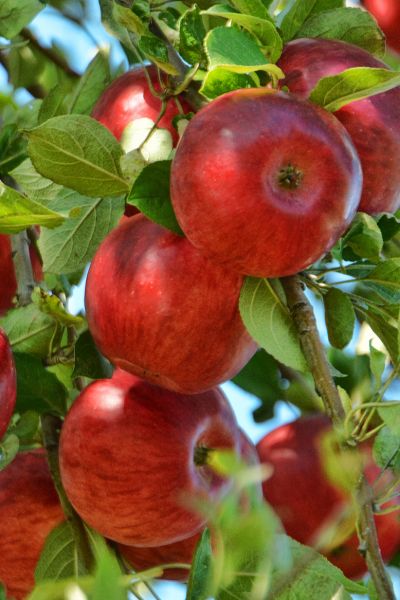
With all this said, as the old saying goes, one apple a day, keeps the doctor away! If one doesn’t like to bite this amazing member of the Iran fruits family, there is always the option of drying the apple and eating it as a delicious snack. Bon Appétit!
Kiwi
If you are familiar with Iran fruits, you most definitely know Kiwi! Kiwi, the Iranian fruit, is a tangy fruit that is hard on the skin. The inside of a kiwi can be sweet, sour, or sweet and sour at the same time; with a juicy and soft texture inside. This fruit is one of the summer Iran fruits, rich in vitamin C, antioxidants, and fiber. Kiwi is harvested mainly in the northern parts of Iran; like Mazandaran and Gilan. (A full video of packing fresh kiwi in an Iranian packing house on our YouTube channel)
Different types of Kiwi
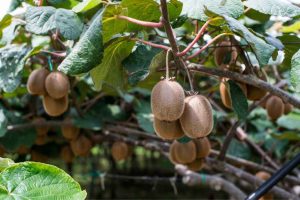
Iranian kiwi fruits have different types, due to different methods of watering, planting, and harvesting:
- Iranian Hayward Kiwi (Green kiwi, also known as the most popular one in Iran)
- Iranian Golden Kiwi (Softer and more expensive type, also the most exported type of Iranian kiwi)
- Iranian Red Kiwi (More exotic and colorful than the others, also exported to neighboring countries like Russia)
Orange
Iran fruits are popular worldwide, but not all of them are as popular and tasty as oranges. This Iran fruit is one of the main Iran fruits that gets exported around the world. Oranges are mostly round, with easy-to-peel and oily skin and a juicy inner flesh. For this Iran fruit to grow, farmers need a lot of water and humidity; this makes the cities near the Caspian Sea the best harvesting homes of oranges; cities like Mazandaran and Gilan. One of the creative forms of oranges is dried oranges; good to go as a snack, or to use in beverages and cakes.
Different types of Oranges
These Iran fruits have different types in the market that get exported to other countries as well:
- Navelina Oranges
- Thompson Navel Oranges
- Bloody (Red) Oranges
- Valencia Oranges
Fun thing about oranges: as oranges are one of the most popular and beneficial Iran fruits, Moms use them as a miraculous home remedy if their kid gets a cold, and surprise! It works. Do count on this beautiful member of the citrus family in case of an emergency.
Date
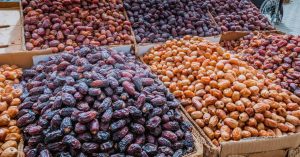
Unlike the “dates” you might be familiar with, Persian dates are a special treat. These delightful Iran fruits are primarily harvested in the southern Iranian provinces of Hormozgan, Kerman, Khuzistan, Bushehr, and Baluchistan; where the balmy and hot climate provides the perfect conditions for their growth.
Persian dates have a unique texture, soft and almost melt-in-your-mouth with a very minimal amount of chew. These Iran fruits are incredibly juicy, offering a burst of sweetness with each bite. The flavor profile is a delightful balance of caramel and honey with a subtle hint of spice. The best time to find these gems in the market is during the autumn harvest season, typically from September to November. These Iran fruits are highly exported to neighboring countries.
Pomegranate
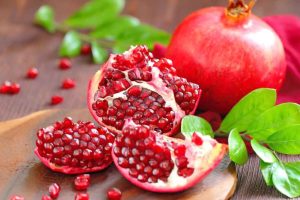
The crown jewel of Iran fruits, the Persian pomegranate, holds a vibrant history and a flavor that lives up to its reputation. With a significant production in central Iran, mainly in Markazi province, these pomegranates are known for their beautiful jewel-like arils and a slightly soft rind, making it easier to open and access the treasure within.
Inside, each glistening aril offers a burst of tart-sweet flavor, with a juicy explosion and a touch of tannic complexity. The harvest season for these Iran fruits falls in autumn, from September to November. Iranians are very proud of their pomegranate, and rightfully so!
Tangerine
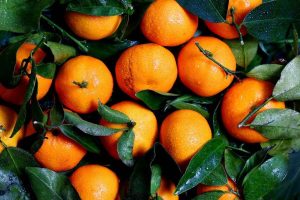
The Persian fruit, tangerine, also known as mandarins, one of the top picks of Iranian agricultural products in autumn, is very popular among the countries of the region. More and more amounts of this Iran fruit is exported every year. These Iran fruits have a thin, easy-to-peel skin. Inside, the segments are plump and juicy, with a burst of sweetness with a well-balanced tang. The flavor profile leans more towards a refreshing citrus with a hint of honeyed sweetness, making them a delightful seasonal treat.
These Iran fruits are Primarily cultivated in the northern regions of Iran, particularly near the Caspian Sea, these tangerines benefit from the cooler climate.
Apricot (ZardAloo – Prunus Armeniaca)
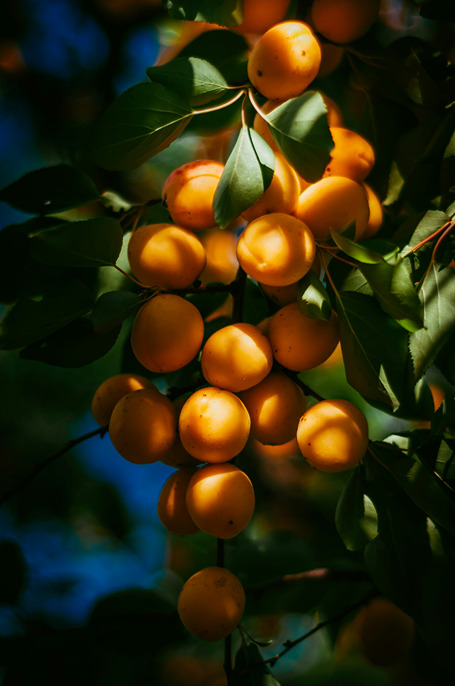
These Iran fruits are some round sweet and juicy stone fruits, a perfect summer treat for Iranian people. Apricot while resembling peach or plum in taste, has a special flavor of its own, with a yellow-orange flesh, and a lightly fuzzy skin. These Iran fruits have a large seed inside you can break and eat.
Apricot is mainly harvested in Yazd, Semnan, and Marand. The dried version of this fruit is also popular, called Gheysi, which is used both as a snack or to make other products like ice cream, jam or even some dishes.
Plum
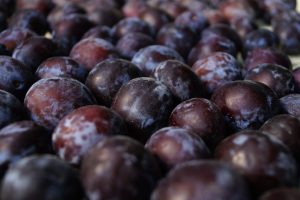
Plums are some juicy and sweet summer fruits from Iran, having a soft texture and a unique flavor. These Iran fruits have a black-purple surface, a stone inside, and a tender sweet flesh. Mostly, this fruit is harvested in northeastern and northwestern cities of Iran, such as Neyshabur, Khorasan, and Qavin.
Nectar and Peach
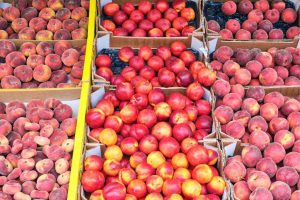
These Iran fruits, nectar and peach are very similar, but they’re not one fruit and have their differences. While both are summer fruits in Iran with a sweet and tender inner flesh, on average, peaches are Larger than Nectars. Nectars are generally smaller in size compared to peaches and they also have a thin, smooth skin and a firmer flesh texture. Peaches, on the other hand, have a thicker, fuzzy skin and softer flesh.
In English, nectars are often referred to as “nectarines,” a term that alludes to the sweet, nectar-like juices released from this fruit. Nectars are mainly cultivated in Khorasan and Hamedan and peaches are most harvested in East Azerbaijan and Neka.
Cherries
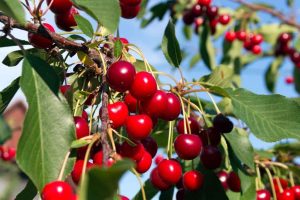
The two most popular members of the cherry family are Albaloo and Gilas. Both of these Iran fruits are summer fruits with a tender flesh inside, thin skins, and a seed in the heart of the fruit. The only difference is that Gilas (sweet cherry) has a sweet flavor and is bigger and more firm than Albaloo, the sour cherry however, has a more acidic taste.
Lemon (Limoo-Shirin)
This Persian fruit, lemon or sweet lemon has a very sweet scent just like its fleshy sweet taste, however, these lemons will turn a bit bitter if left open and out. These Iran fruits are one of the most beneficial members of the citrus family, mainly on the market in autumn.
Shiraz in central Iran, is the biggest production center for Persian lemon.
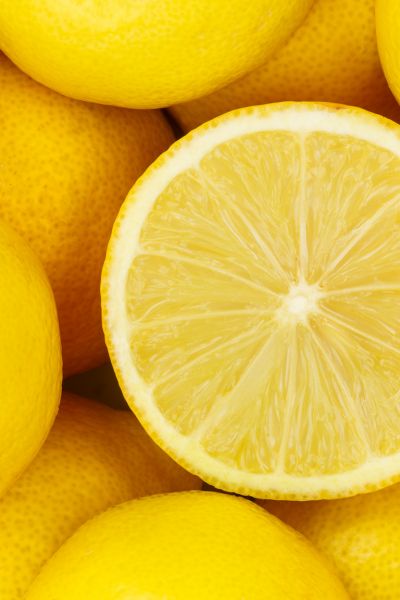
Persimmon
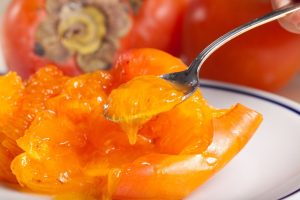
Khormaloo (date-plum) or Persimmon is another one of those unique Iran fruits, mainly cultivated in Fars, a plum-like product with the consistency of a date. This fleshy fruit is orange inside and out and you can find it in the market in autumn/winter. This fruit has a ripe and sweet taste that shocks the mouth at first, but as you get used to it, you’ll enjoy every bit.
Grape and Raisin
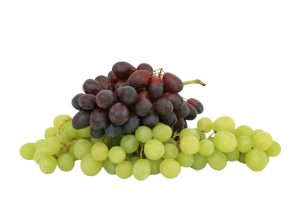
In Iran, they cultivate a wide range of grapes depending on the region. These grapes come in various colors, from deep red to green and even black. Typically, Iranian grapes are known for being quite sweet with a refreshing juiciness. The texture can vary depending on the variety, with some having thin skin and others boasting thicker, more robust. You’ll find them at their peak in the Iranian market during the autumn and winter months.
With leaving grapes under the sun, we’ll have another grape production: sweet, soft raisin; which Iranians are very fond of.
Fig
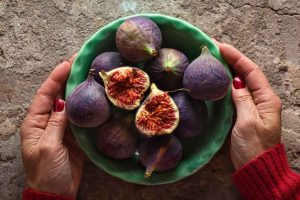
Another one of Iran fruits you can have fresh AND dried is fig. Fig is a fleshy receptacle that houses hundreds of tiny flowers. These flowers develop into single-seeded fruits (achenes) that we see as the small, crunchy bits inside a fig. They’re sweet and jammy with a slightly rough texture due to their small seeds.
Fig is a summer fruit, mostly harvested in Fars and central Iran.
Mulberries
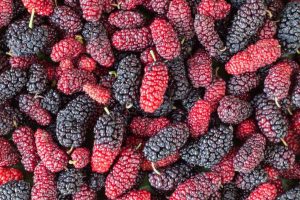
Mulberries in Iran have different types, shapes, sizes, and tastes. The white ones (called toot) are more sweet and bigger. These Iran fruits are available for sale in spring and summer and are tender and fleshy. The red ones (called shatoot) are more sour with a hint of sweetness, sometimes smaller than the white ones. Right now Kashan province is known for producing the most mulberries in Iran.
Goje Sabz
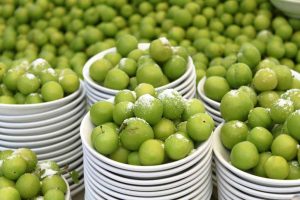
Gojeh Sabz is sour plums that haven’t fully ripened. These Iran fruits have a rough seed in them, with a slightly firm flesh. these fruits are green outside and lighter inside. Iranians themselves usually eat them with salt to add to the fun!
This delicious fruit from Iran in the market mostly in spring til mid-summer. It is mostly harvested in Lorestan province and mostly in Dorud.
Chaghaleh Badoom (Green-Ripe Almond)
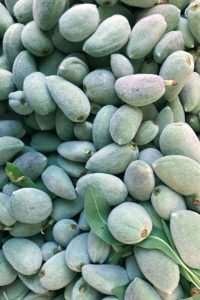
Chaghale Badoom is the ripe, green form of almond with a sour taste. In Iran, around springtime, farmers pluck the almonds, way before they grow completely, and then, these Iran fruits are ready to eat. Chaghale Badoom is crunchy, chewy, and fresh; with a green outer skin.
This fresh fruit is a spring fruit, mostly harvested in Kashan and Kermanshah provinces.

